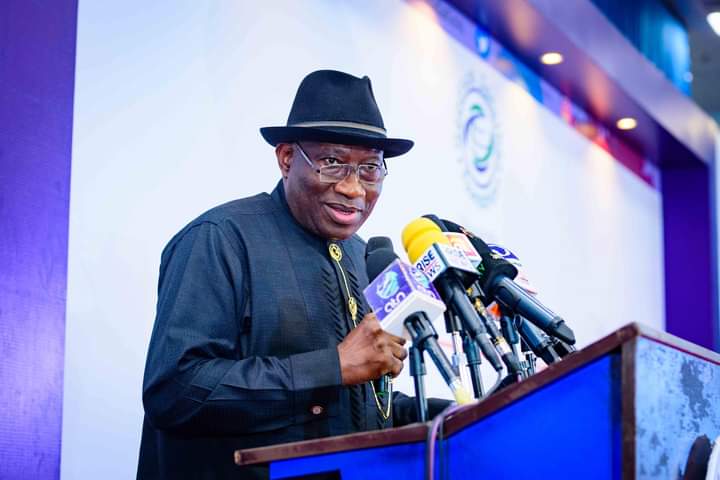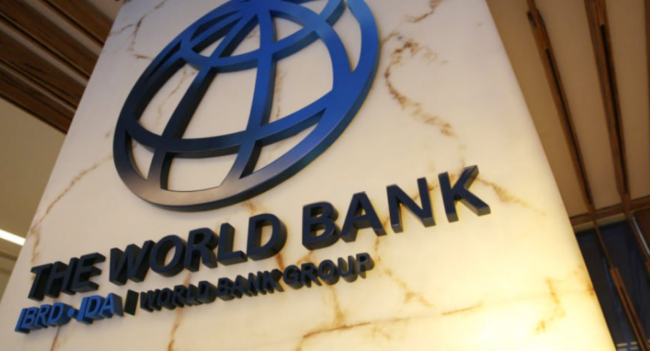The National Inland Waterways Authority (NIWA) says efforts are being made to ensure that commercial cargoes head to their various destinations by the waterways.
George Moghalu, managing director, NIWA, disclosed this on Thursday while speaking at a weekly ministerial briefing, organised by the presidential communication team, in Abuja.
According to Moghalu, more than 65 percent of cargoes berthing at Nigerian ports end up in the country’s southeast, primarily in Onitsha, Anambra state; and Aba, Abia state.
Further disclosing that everything was in place for cargo movement in Onitsha River Port, Moghalu said the current road network infrastructure cannot handle the volume of traffic required to transport cargo from the southeast to the rest of the country.
Advertisement
“We are doing quite a lot. Like I did say, our revenue profile, which I can make available to you, shows a gradual increase from what it used to be to what it is now,” he said, responding to a question on how NIWA plans to be self-sustaining.
“We have not come down even during the COVID period. We still managed to maintain an upward trajectory and we intend to sustain that. And don’t forget, for example now, we have concessioned Onitsha River Port, our revenue from that source will increase.
“By the time we concession Baro, by the time we conclude with Ogutta, we conclude with Lokoja, and by the time we increase the use of the waterways because, as we are opening up the channel, the needs will increase.
Advertisement
“Like I said, by the time we move cargos regularly, the way we want to move between Ontisha and Lagos, the truth is that over 60 percent to 65 percent of containerised cargo that arrive the country today end up either in Onitsha or Aba.
“These cargoes, let’s say 5 million containers that arrive and are destined for southeast. What that translates to is 10 million trailers being on our roads. Five million carrying the container down, five million carrying the containers back. And our roads are not designed to carry those pressures. There’s no way our infrastructure will survive it.
“So, by the time we remove this pressure from our roads, and move into the waterway, it is additional revenue for us, because those containers will now be moved by water and by the time they move by water, certainly, we are going to get more money. So we are concerned about it. We are working towards it.”
Moghalu further said the federal government is negotiating with a South African firm to secure technology for monitoring and securing the nation’s inland waterways.
Advertisement
He said this necessitated NIWA’s recent efforts to provide water inroads to the country’s north, adding that with the technology, the authority can monitor the movement of vessels anywhere in the waterways.
Although the South African firm was not mentioned, Moghalu said the authority informed them of the challenges faced in their effort to provide security in Nigeria’s waterways.
“We visited them and presented our challenge because we want to be in a position to monitor all our waterways and they have the technology,” he said.
“There is a technology they are going to deploy so that I will be in the control room in Lokoja and be able to monitor all the vessels that operate on our waterways.”
Advertisement
Add a comment






